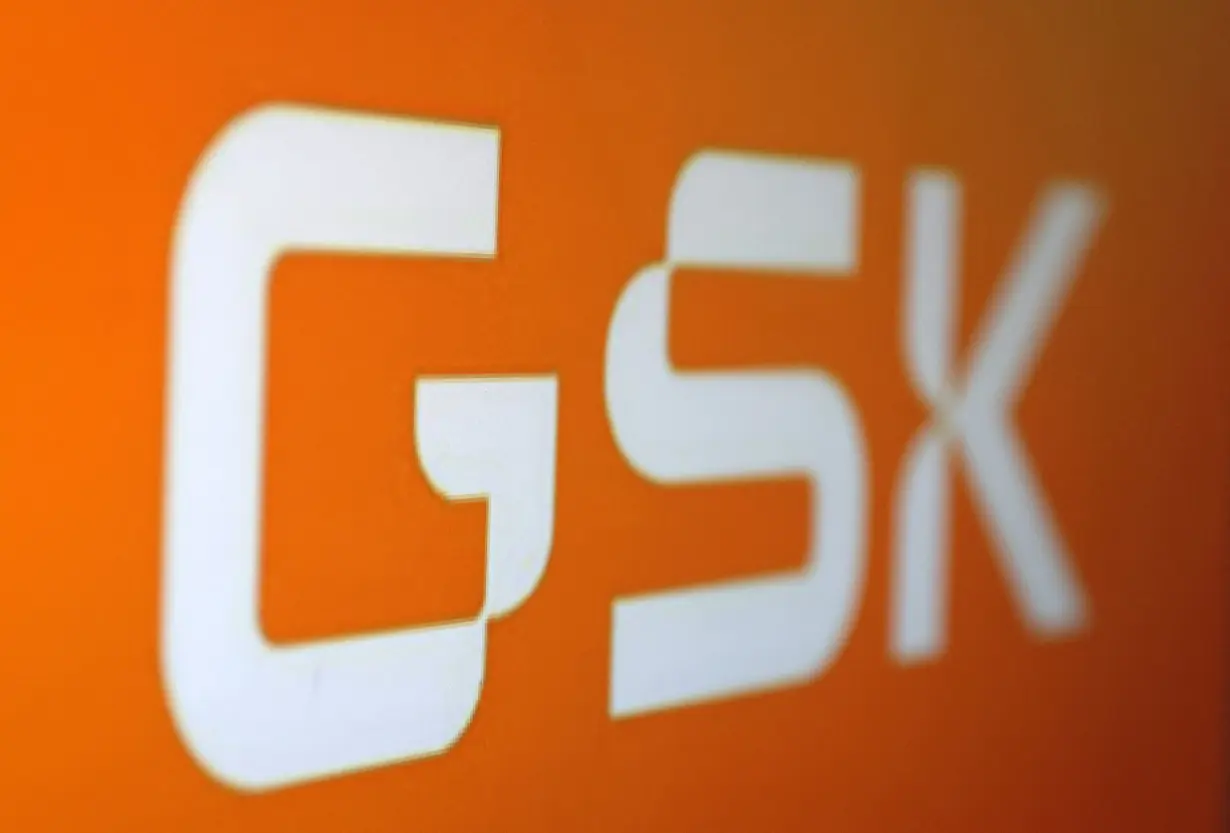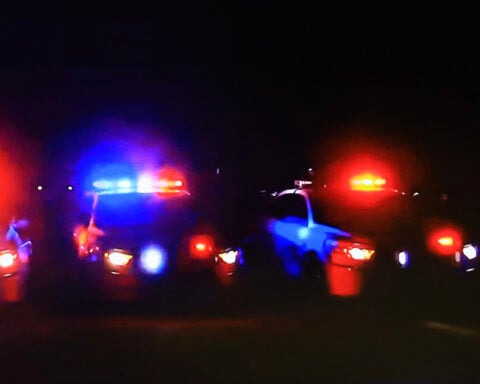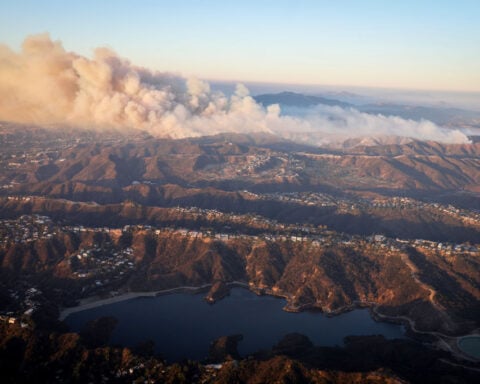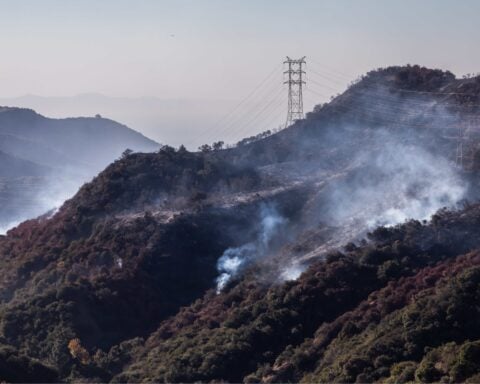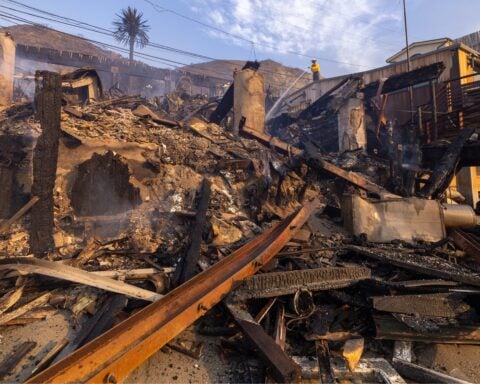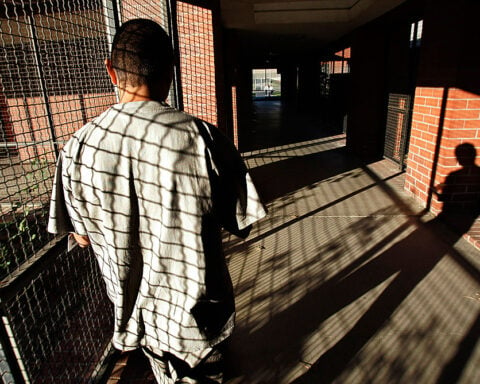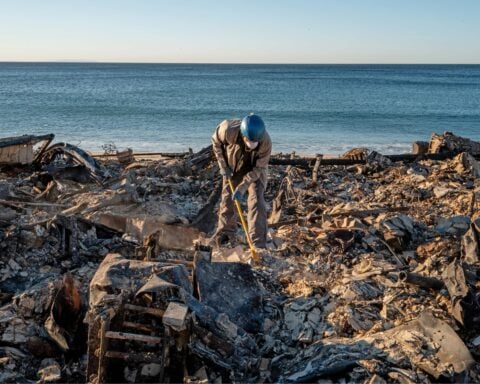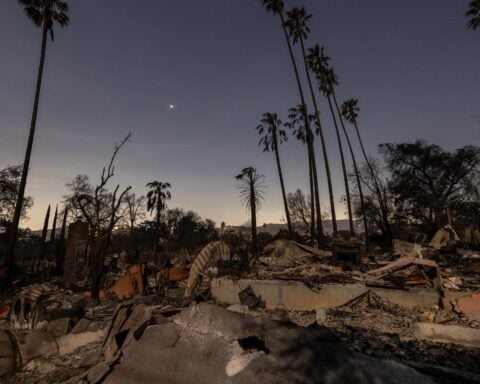By Michael Erman
(Reuters) -The U.S. CDC on Wednesday narrowed its recommendation for use of respiratory syncytial virus vaccines in older adults this year and held off on recommending their use for adults under age 60.
The U.S. Centers for Disease Control and Prevention's decision echoed that of its panel of outside advisers who voted to recommend all adults 75 and older, as well as those who are 60 to 74 and have an increased risk of severe RSV due to medical conditions, receive the shots.
"The CDC has updated its RSV vaccination recommendation for older adults to prioritize those at highest risk for serious illness from RSV," Director Mandy Cohen said in a statement.
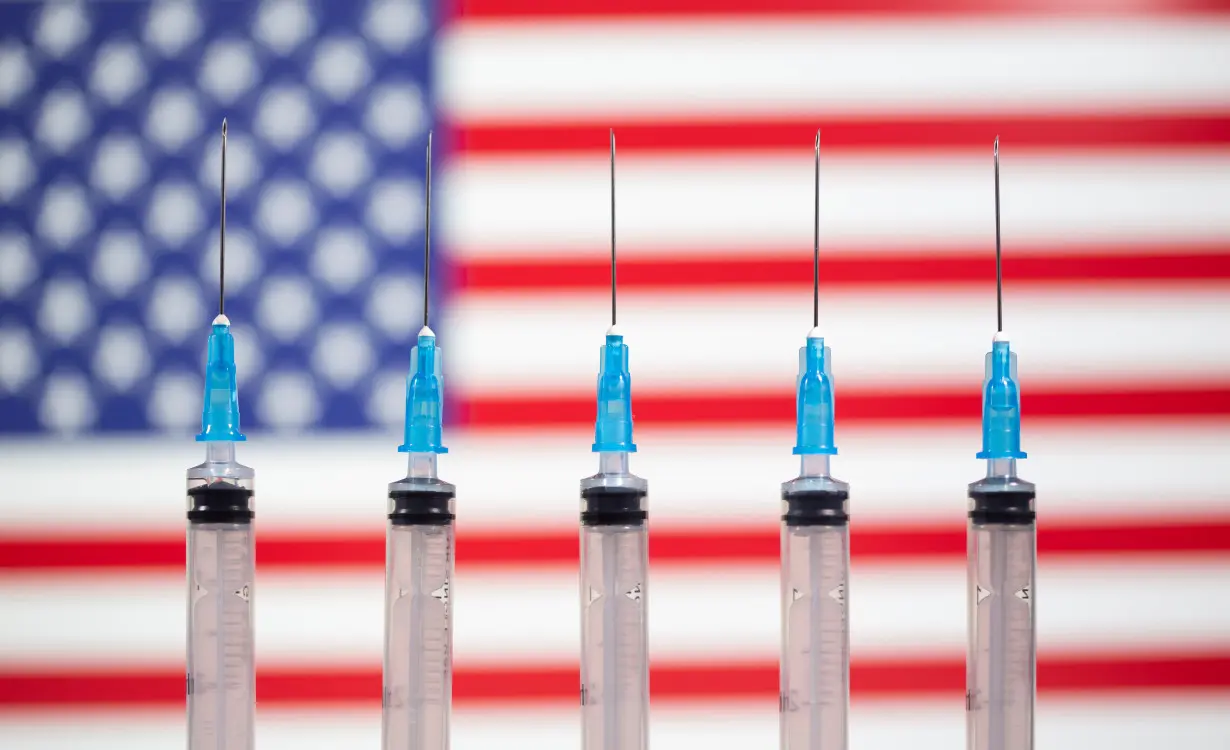
Last year, GSK and Pfizer went head-to-head with rival RSV shots for all adults aged 60 and over, who could get the vaccine after consulting a healthcare provider.
Moderna received approval from the U.S. Food and Drug Administration for its shot, mRESVIA, for the same age group last month.
"We think that with a risk-based approach, you are much more likely to get the vaccine than you are right now," Dr. Camille Kotton, a panel member and professor at Harvard Medical School, said.
Aside from guiding physicians as to what vaccinations their patients need, the panel of vaccine experts' recommendations are important in determining insurance coverage in the U.S. People covered by the U.S. government's Medicare program receive recommended vaccines for free.
The new recommendation may cut the addressable U.S. market for RSV shots in 2024-25 from 93 million, including adults under age 60, to about 55 million, Jefferies analyst Peter Welford said. Use of the shots would expand in the longer-term as "less complex recommendations may aid penetration," he added.
GSK received FDA approval earlier this month to expand use of its vaccine to adults ages 50 to 59 at increased risk from the illness, but the committee postponed endorsing its use in that age group. The committee's work group said the balance of risk and benefits for the shot in that age group is more uncertain.
Last year, GSK won two-thirds of the market, mostly due to its contracts with retail pharmacies, including CVS. Analysts had suggested expanded availability of the RSV vaccine to younger adults could help cement the company's lead position this year.
RSV, which typically causes cold-like symptoms, is a leading cause of pneumonia in toddlers and older adults, causing 177,000 hospitalizations and 14,000 deaths in the United States annually.
Combined revenue for the Pfizer and GSK shots in their first year of availability topped $2.4 billion.
Analysts, on average, expect sales of $1.59 billion for GSK's RSV shot, $1.47 billion for Pfizer's and $370 million this year for Moderna.
Moderna presented data at the meeting showing its mRESVIA shot had 50% efficacy in preventing RSV for 18 months, lower than what GSK and Pfizer previously showed in their own clinical trials.
Moderna previously cautioned against comparing its vaccine's efficacy to rivals, noting that the trials were not head-to-head and used different case criteria for RSV disease.
In their clinical trials, GSK's RSV vaccine Arexvy was 78% effective in preventing severe RSV over a second year and Pfizer's Abrysvo was 78% effective through a second RSV season.
Adults who have already received an RSV shot are not recommended to receive another this year, the CDC said.
(Reporting by Michael Erman, Additional reporting by Mariam Sunny in Bengaluru; editing by Caroline Humer and Bill Berkrot)

 India's navy launches submarine, warships to guard against China's presence in Indian Ocean
India's navy launches submarine, warships to guard against China's presence in Indian Ocean
 UK inflation unexpectedly eases in December, which could reduce pressure in bond markets
UK inflation unexpectedly eases in December, which could reduce pressure in bond markets
 Body count from South African mine siege rises to 60
Body count from South African mine siege rises to 60
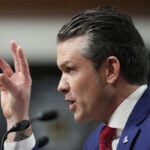 Question on ASEAN stumped Hegseth at Senate hearing. What is it and why is it important?
Question on ASEAN stumped Hegseth at Senate hearing. What is it and why is it important?
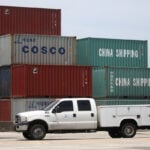 US importers rush in goods from China as Trump tariff threat looms
US importers rush in goods from China as Trump tariff threat looms
 Novak Djokovic breaks a tie with Roger Federer for the most Grand Slam matches in tennis history
Novak Djokovic breaks a tie with Roger Federer for the most Grand Slam matches in tennis history
 China's RedNote: what you need to know about the app TikTok users are flocking to
China's RedNote: what you need to know about the app TikTok users are flocking to
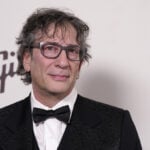 British author Neil Gaiman denies ever engaging in non-consensual sex as more accusers come forward
British author Neil Gaiman denies ever engaging in non-consensual sex as more accusers come forward
